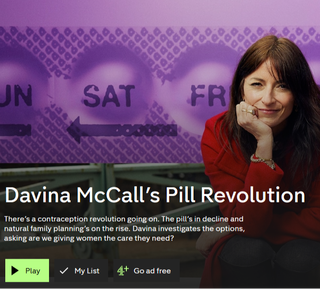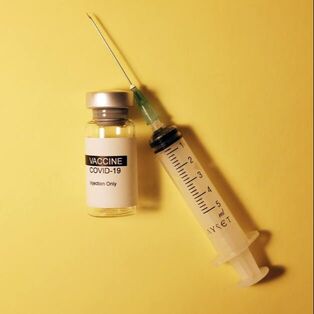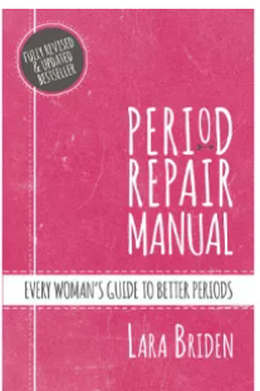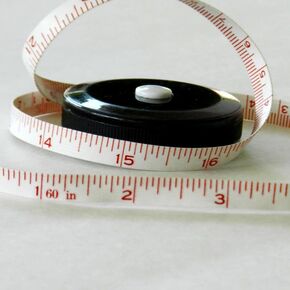
So, did you watch Davina McCall’s Pill Revolution on Channel 4?
It told the stories of the many women and girls who have negative experiences with the pill, and how there needs to be more research and better information.
This is very welcome. Too many women, and girls, are put on the pill with very little information about its potential impacts. We need to do better.
It told the stories of the many women and girls who have negative experiences with the pill, and how there needs to be more research and better information.
This is very welcome. Too many women, and girls, are put on the pill with very little information about its potential impacts. We need to do better.













